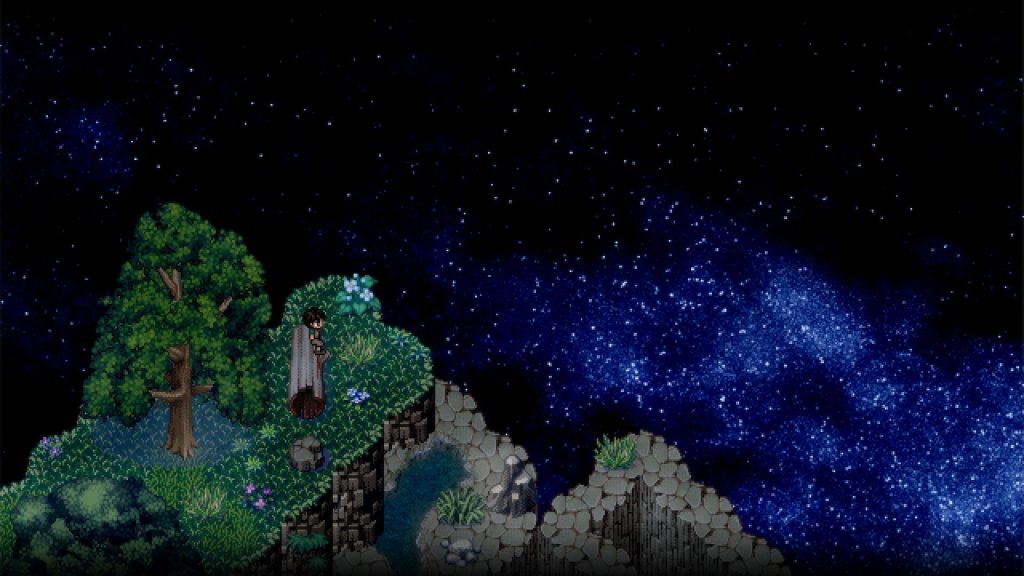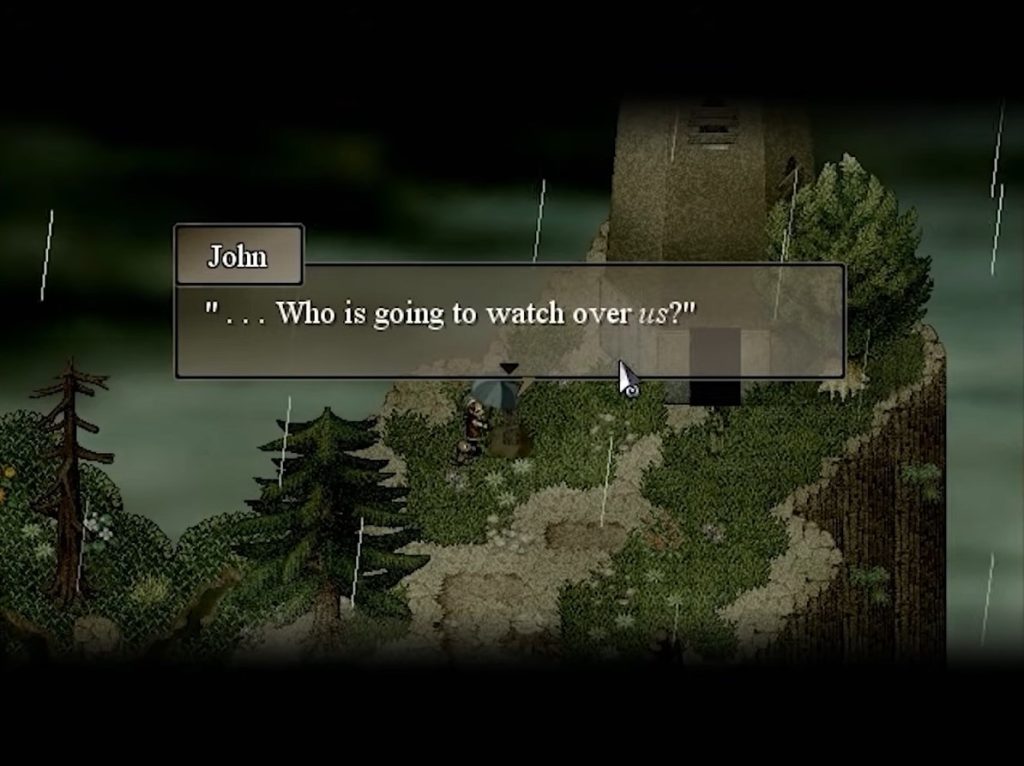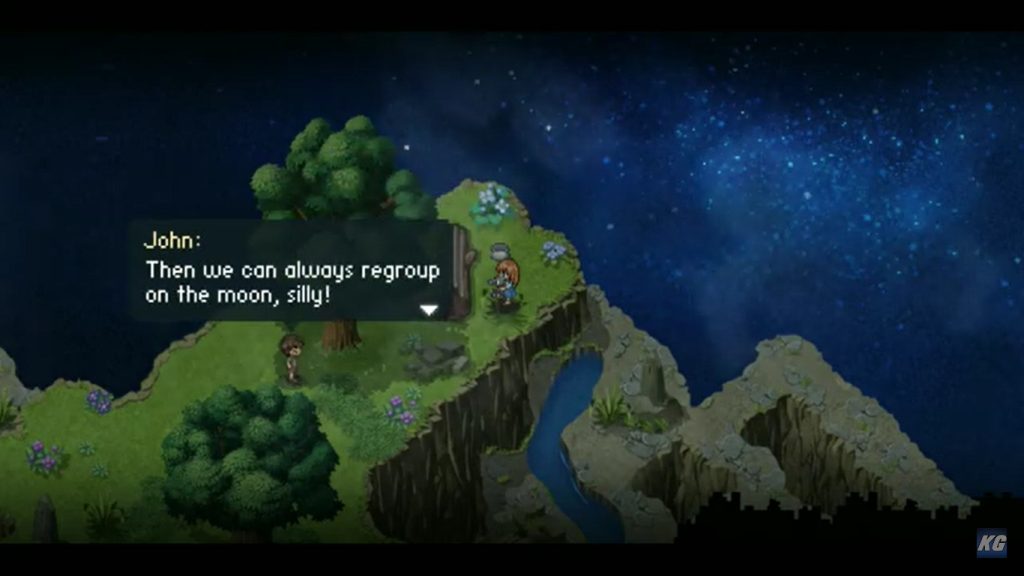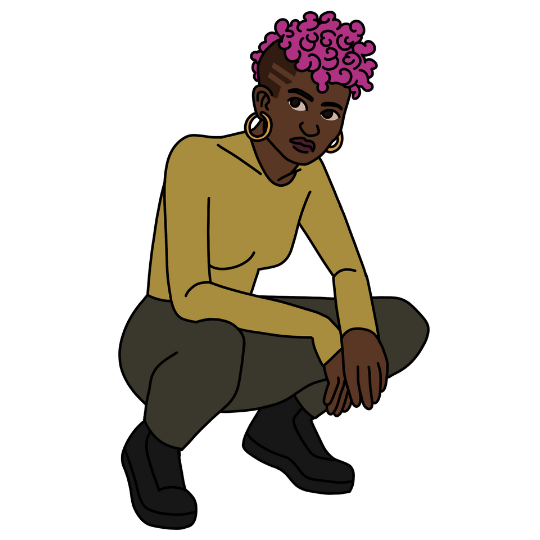Shared Memories are Tantamount to Immortality: To the Moon’s Advocacy for Conversation When Our Loved Ones Leave Us
Posted: 10 Mar 2023When my mother died two days after Christmas in 2020, I could not fathom that another person could understand the intense grief I felt, and continue with their lives as if nothing had happened. To me, it seemed disrespectful that time–the world–had the audacity to move on without my mom, but grabbed me by the collar without looking back, and callously forced me to march forward.
Attempting to grieve the death of a loved one confined in the space of your own mind is a fruitless endeavor, as they are frustratingly out of reach. Intimate exchanges you held dear become broken blurs lost in the fog of timespace, even though you know for certain they happened. Even the memories you can somewhat piece together are now encumbered by a new, insurmountable grief that you cannot possibly imagine anyone else has felt. The weight is so great–and I am guilty of this–that it feels safer to collapse under it in your lonesome, and allow the haze of grief to shield you from the magnitude of the sorrow.
At least, that was how it felt when I shouldered the pain alone.
Despite the western world morphing into a fast-paced, hyper-individualistic society within the past several decades, humans are communal creatures; we are not physically built to endure emotional burdens alone. Dr. Alan Wolfelt, a bereavement specialist at the Center for Loss & Life Transition, champions the power of storytelling while grieving.
“We must say hello before we say goodbye”, he puts simply, and that task can be accomplished in a multitude of ways: journaling, talking to a friend, consulting a therapist, or just talking to an inanimate object. In the words of Shakespeare, “give sorrow words; the grief that does not speak whispers the o’er-fraught heart and bids it break”; talking about your loved one and the sorrow you feel without them is necessary to survive.

There were times when I couldn’t even find the words for my sorrow, but a game that came to mind that may have the words that could explain these feelings was Freebird Games’ To the Moon. It is a cult favorite of mine that deftly explores death as the moments that lead up to it, not the end itself. As you switch between two quirky doctors of the Sigmund Corp, a company that specializes in fabricating memories of a dying person to fulfill any wish they desire before they cross over, you become intimately close to the dying person in question: Johnny.
One scene in particular that stands out as you traverse backwards through Johnny’s life is quite early. Johnny is standing outside in the rain as an old man, silently staring over the grave of River, his deceased wife, on a clifftop. We are primed with some lighthearted banter between the two doctors before Johnny poses a solemn question to his wife:
“When I’m gone…who is going to watch over us?”

This line can be interpreted literally, but it can also mean: “who is going to protect our memory when we’re gone?” Before the game even starts, the dying man in question wonders who will not only tell their story once no one is left to do so, but who will take the time to get to know them?
The answer is us, the player, as we embark on a retroactive journey to understand Johnny well enough to fulfill his wish. The simplicity of To the Moon’s minimal gameplay is a prevalent criticism, but its simplicity is purposeful. It is not difficult to listen to someone’s story and piece together their memories to understand the next one, and having that interaction with the story generates an organic sense of accomplishment when finishing the game; you were directly involved in this person’s happiness, and in turn, their life being fulfilled. So when the inevitability of Johnny’s death comes at the end of the game, you are overcome with sadness, and a desire to share this story with others.
What starts as a mission to fulfill a wish morphs into something else entirely: listening to an old widower’s story, to the point that the thought of altering those memories is sacrilege.
I understand this as us saying hello to Johnny before we say goodbye, and as his heart stops beating at the end, it is a difficult goodbye, but his story begs to be shared–even one as “mediocre” as Johnny’s.

Our own loved ones are no exception to this idea. It is easy to slip into a mindset that your loved one’s passing is just another in a sea of inevitable human deaths. This dangerous apathy is a betrayal to not just your loved one’s impact on you, but to your own love for them. They were special to you, and that matters. To tell their story is to honor them, to love them, and most of all, to immortalize them. “We need to reassure ourselves that it actually happened,” Dr. Wolfelt adds, “…the pain that surrounds the closed heart of grief is the pain of living against yourself, the pain of denying how the loss changes you.”
Your deceased loved one deserves to say hello to people through your stories shared with them, and goodbye.
I refuse to let grief silence me when it comes to my mom, everyone I know, will know who she is.
Words are my greatest tool, so I can lean on the permanence of my memories of her. Of her face, her laugh, her sage advice that always helped, her conviction when we argued, her tenderness when I was sad, the first time I heard her play piano with such compelling passion that I, too, desired that skill. The duets we played, the book reviews we exchanged, and the love we held for one another in the small moments that live on forever in my words and my heart–that is how my mom will live on.
Until we regroup on the moon (silly!).


Megan Pitz is an Asian-American author, JRPG enthusiast, and lover of all things cute. While she has been largely absent from the mainstream video game world, she is no stranger to pixel RPGs such as To the Moon that never fail to make her cry, and strongly suggests you check out other Freebird Games titles, like seriously. For the soundtracks alone. Her late mother is the primary reason she chose to become a writer, to sing, as well as her original muse to play the piano. Basically, if her mom did it, Megan did it too. If you ask her dad to describe Megan, he would simply say, “she is her mother’s daughter”, but he swears that is the highest compliment he can pay to anyone. With the strongest of conviction and love deep in her heart: Rest in Peace, Patricia Clare Pitz, 1945-2020.

